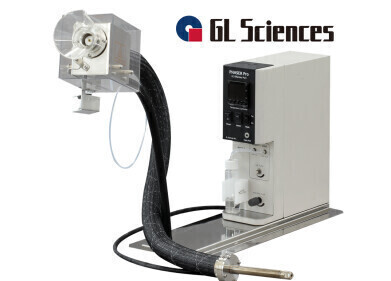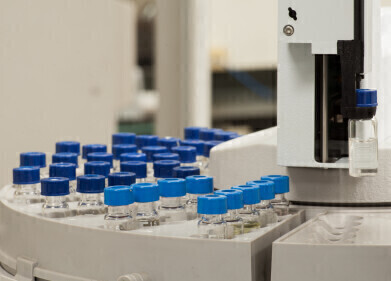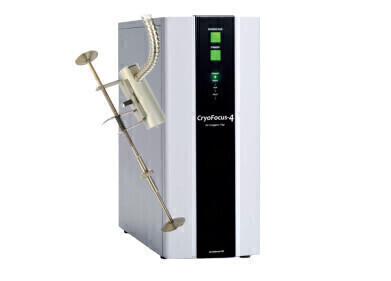-
 Gas chromatography-mass spectrometry is being used to look for PAHs in Gulf seafood
Gas chromatography-mass spectrometry is being used to look for PAHs in Gulf seafood
GC, MDGC
Gas chromatography-mass spectrometry applied to Gulf oil spill
Jul 29 2010
Agilent Technologies and Mississippi State University are using a gas chromatography and tandem mass spectrometry (GC-MS-MS) approach to determine the impact of the leaked oil on seafood sourced from the affected region.
Mike McMullen, president of Agilent's chemical analysis group, explains that the company responded promptly to news of the spill to produce "turnkey" GC-MS-MS solutions for better analytical performance.
For the university, meanwhile, the new equipment replaces a decade-old system that, due to significant levels of usage and its age, has become unreliable.
The GC-MS-MS analysis is to be used to analyse seafood samples for the presence of polycyclic aromatic hydrocarbons (PAHs).
PAHs are the main form of contamination to occur in seafood retrieved from oil-affected areas, the organisations say, while testing for them must be a precise and repetitive process.
Events
Jan 20 2025 Amsterdam, Netherlands
Feb 03 2025 Dubai, UAE
Feb 05 2025 Guangzhou, China
Mar 01 2025 Boston, MA, USA
Mar 04 2025 Berlin, Germany













